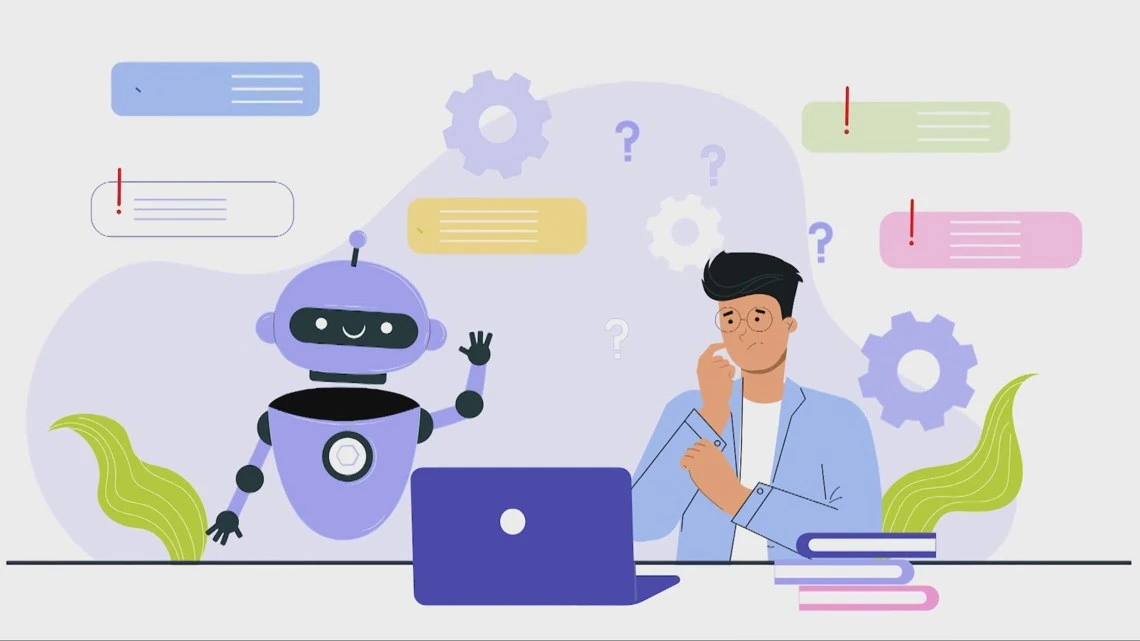
The integration of AI in grading schoolwork is a complex issue, as highlighted by University of Houston's Peter Salib. He emphasizes that current AI systems lack the reliability needed for grading tasks, particularly for multiple-choice tests and essay evaluations. While Texas has begun using AI for partial grading of STAAR tests, concerns about accuracy and potential cheating remain prevalent.
Salib advocates for a hybrid grading system that combines AI and human evaluators until AI technology improves. The rise of advanced AI tools like ChatGPT raises significant questions about originality in student submissions. Until anti-cheating measures become more effective, relying solely on AI for grading could lead to serious academic integrity issues.
• AI grading systems are currently unreliable for educational assessments.
• Hybrid grading systems combining AI and human evaluators are recommended.
AI grading is being explored for efficiency but raises concerns about accuracy and fairness.
These tools are evolving to detect AI-generated work but are not yet fully reliable.
Current language models are deemed insufficient for accurately grading complex student assignments.
TurnItIn has developed filters to identify AI-generated content, though their effectiveness is still under scrutiny.
The Boston Globe 12month
Isomorphic Labs, the AI drug discovery platform that was spun out of Google's DeepMind in 2021, has raised external capital for the first time. The $600
How to level up your teaching with AI. Discover how to use clones and GPTs in your classroom—personalized AI teaching is the future.
Trump's Third Term? AI already knows how this can be done. A study shows how OpenAI, Grok, DeepSeek & Google outline ways to dismantle U.S. democracy.
Sam Altman today revealed that OpenAI will release an open weight artificial intelligence model in the coming months. "We are excited to release a powerful new open-weight language model with reasoning in the coming months," Altman wrote on X.
